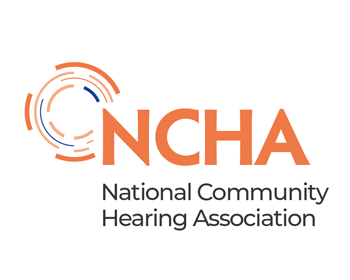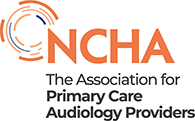
As a leading organisation championing hearing care and patients' rights, the NCHA supports all clinical and service innovations that advance safety, effectiveness, and patient and public benefit.
We support self-management and choice and innovations in ear and hearing technologies that improve outcomes for patients and advance audiology as a therapeutic science. These include advances in hearables, over-the-counter devices, hearing aids, cochlear implants and techniques such as video otoscopy, remote monitoring and the application of artificial intelligence (AI) in diagnostic, therapeutic and support services.
In all cases, the most effective audiology models should be properly funded to ensure patients can access the care they need in the most appropriate way. This should transcend traditional professional and sector boundaries so that high-quality patient-focused services become universal in the UK irrespective of whether patients are NHS or self-funding.
More than 12 million adults have a hearing loss in the UK, and within a decade, this will increase to 14 million. The vast majority have unmet hearing needs, which have major negative impacts on quality of life. The scale of unmet hearing needs in the UK is now widely recognised as a significant and growing public health challenge. Innovation in hearing care is the only option we have to meet this challenge as our population grows older.
Most innovations experience systems inertia and sometimes outright opposition in the early stages of adoption, even when they are self-evidently in the public interest. Hearing care is no exception. Resistance to new models of access and new ways of working are making it increasingly difficult for the NHS to meet growing hearing needs in a sustainable way. This in turn is heightening the risk of overt and covert rationing, exacerbating the inverse care law and widening the health inequalities gap.
To reverse this trend, the NCHA publicly commits to supporting innovation to improve quality of life, outcomes and access for people with hearing and communication difficulties and to challenging obstacles to change in the public interest.
In this way, with our sector partners, we will avert the public health crisis of millions of adults being excluded from help with hearing or communication difficulties in the UK.
To learn more about our work, please email us at [email protected]
29 October 2021

 Your hearing and aural health
Your hearing and aural health  Commissioners and Policymakers
Commissioners and Policymakers  Member support and guidance
Member support and guidance News and views
News and views
 Hearing map
Hearing map
